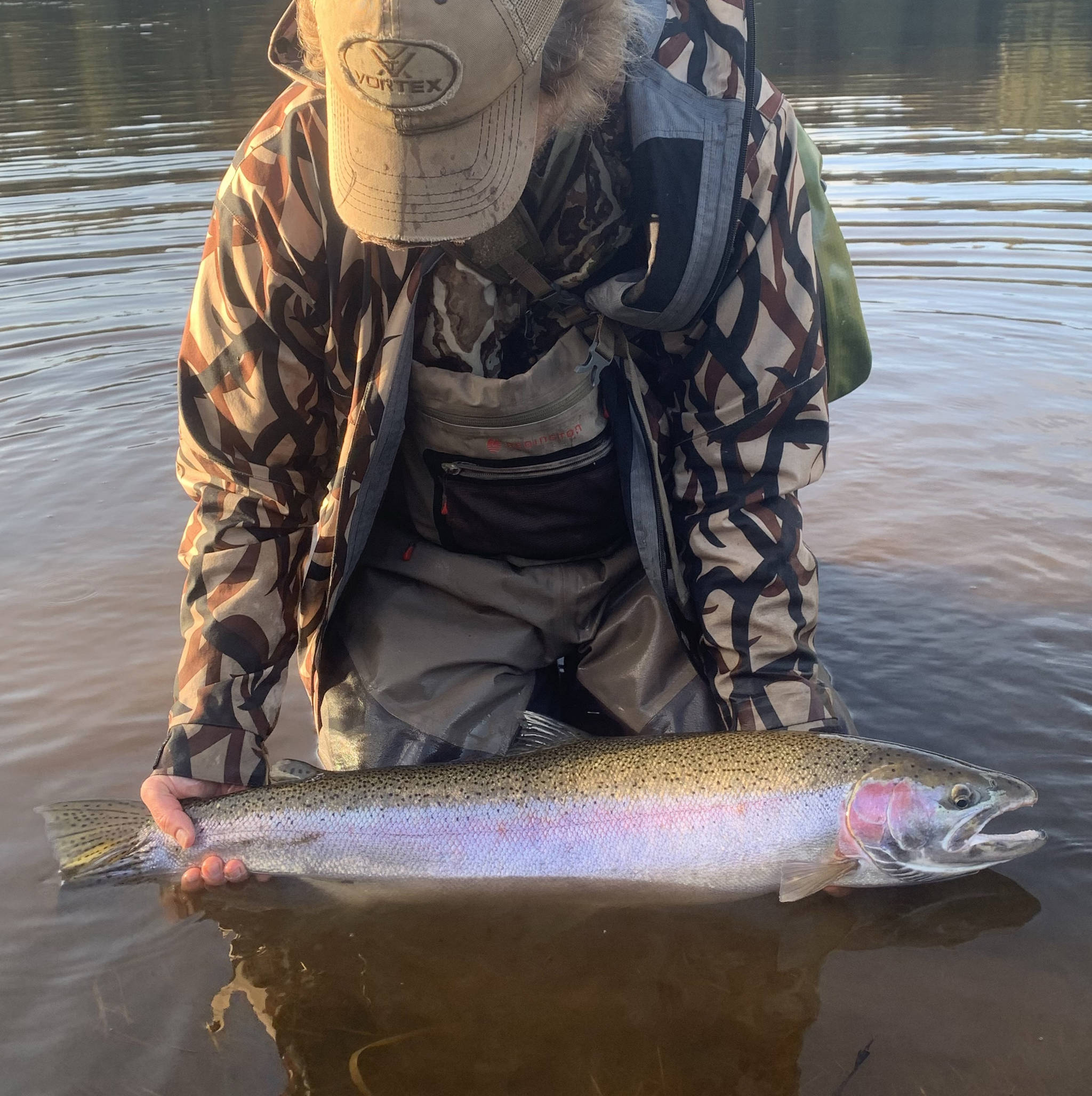Halfway through telling the story, I started hearing it from the perspective of the listener. This happens sometimes, which I like, because it’s a gauge of self-awareness. No one has their day made by hearing a story about a deer I shot or a fish I caught. At most, I’m hoping to entertain, and maybe pet the ego a little bit, but there are things to consider.
Every story comes with the understood, “you had to be there” because really there’s no way to convey what happened accurately and entertainingly. Pure accuracy would read like directions to assemble cheap furniture.
[Dead yellow cedar could be a viable timber product, study says]
Some people just want to be heard and you can sense part way through the story that they forgot where they started and are now trying to bring it home by throwing as many words at it as possible. When I was subbing in a 4th grade class, there were a few students who liked telling stories. The stories had no development of character, no conclusion and no real point, but the kid is a 4th grader, so it’s cute and you’re just happy they haven’t been taught by adults to be insecure, self-conscious or that their opinion doesn’t matter. Yet.
When adults tell these stories, it often ends, or is interjected with, “I forgot where I was going with this,” which is comical and worth the time because a person who admits this usually isn’t one to take themselves too seriously. Beware the person who says, “Long story short” because that usually means they have taken a short story and made it long and aren’t self-aware enough to just wrap it up.
Sometimes the story is good enough because it’s unique. This is the story that necessitates a level of integrity on the part of the teller, otherwise everyone who hears it is thinking, “Oh here we go, Lund’s about to tell another one of his yarns. Better get the waders, it’s about to get deep.” An outdoorsperson who has earned a reputation for being loose with anything resembling facts has put themselves at a permanent disadvantage. You say you caught six steelhead, but your history makes the listener think it was more likely that you snagged three rocks and a picnic table.
If you are one to … enhance facts but within the realm of reality, then a story can stand on your credibility if you’ve earned it. That is, you’ve become the type of person whom others believe because even though it might be a little far-fetched, if it did happen, it would happen to someone like you.
Some people are totally credible, but you wonder if they had any fun. They’re like an overzealous buck rubbing their antlers on every alder they can find, trying to prove they are in first place of the Best Alaskan competition.
So, short story long, I realized I sounded like a dude who had never caught a steelhead before because I was going on about this fish. So, as I listened to myself, I thought, “It’s good you’re excited, but let’s not drag this thing out.”
The story ended up being not about the fish, but the excitement and I think that communicates more than simple stats.
• Jeff Lund is a writer and teacher based in Ketchikan. “I Went To The Woods,” a reference to Henry David Thoreau, appears in Outdoors twice a month.

